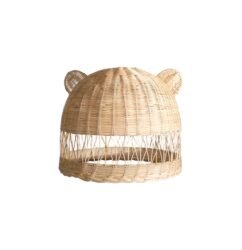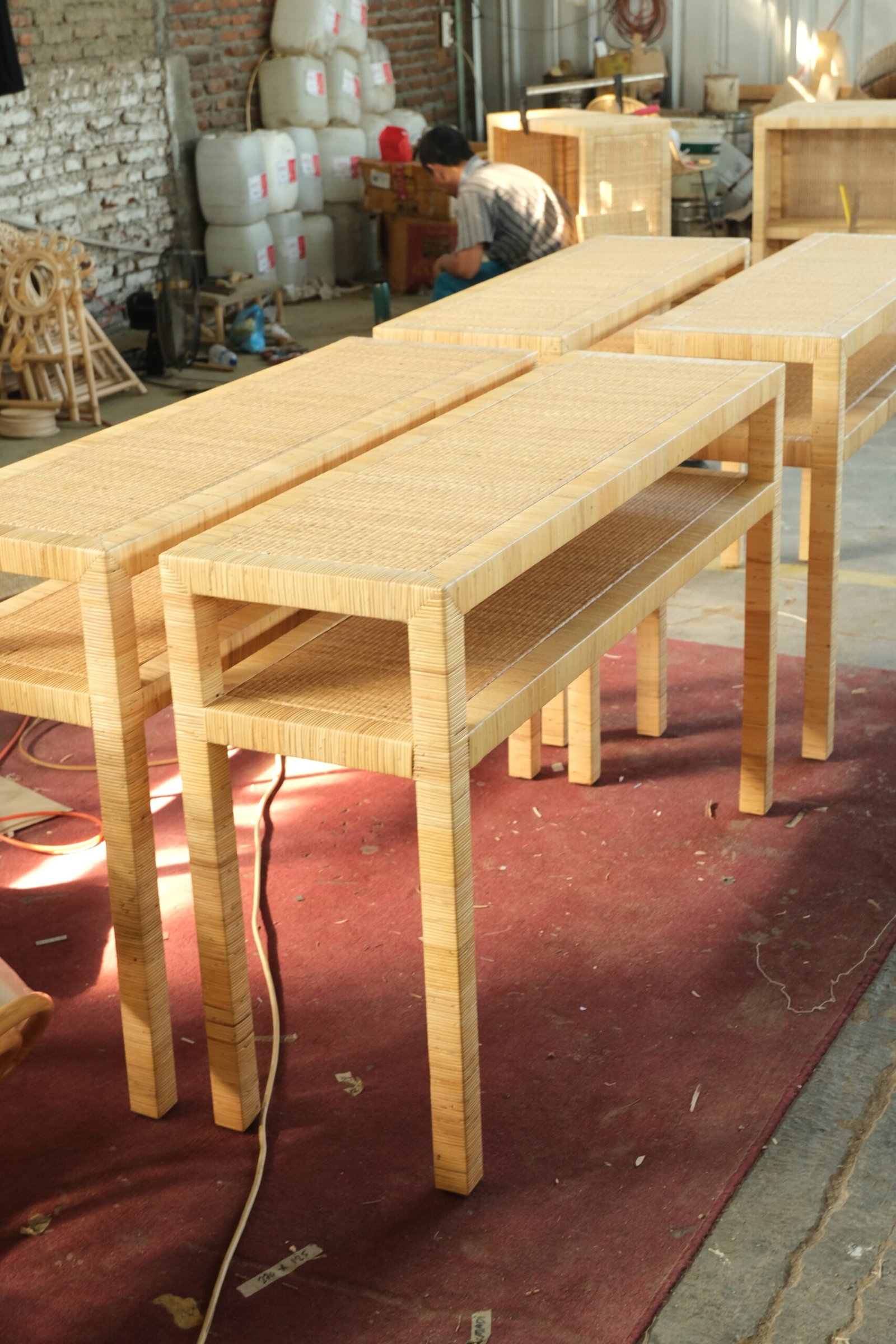Indonesia is the world’s leading supplier of rattan furniture and raw rattan materials. Behind this success is not only skilled craftsmanship and abundant natural resources, but also significant government support that empowers rattan exporters to grow and compete globally. Let’s explore how government initiatives contribute to the strength and sustainability of the rattan export sector.
1. Trade Promotion and Export Incentives
The Indonesian government actively promotes rattan products through:
- International trade shows and exhibitions
- Export subsidies
- Tax incentives for small and medium-sized enterprises
These programs help rattan exporters reach new markets and compete more effectively against synthetic or mass-produced alternatives.
2. Regulatory Framework and Quality Standards
To ensure that Indonesian rattan maintains its premium reputation, the government enforces regulations related to:
- Sustainable harvesting
- Export quality standards
- Compliance with international certifications
By standardizing quality, exporters can confidently market their products and meet the requirements of international buyers.
3. Infrastructure Development
Good infrastructure is essential for export success. Government investments in:
- Improved ports and shipping facilities
- Road and transport networks
- Digital trade platforms
make it easier and faster for rattan products to reach global markets, reducing logistics costs and lead times.
4. Training and Capacity Building
Government agencies and cooperatives frequently provide training to rattan artisans and exporters covering:
- Business management skills
- Modern weaving techniques
- Sustainable production practices
These capacity-building programs ensure the long-term resilience and competitiveness of the industry.
5. Sustainable Resource Management
The government also supports exporters by protecting the raw rattan supply through:
- Licensing systems for harvesting
- Community-based forest management
- Reforestation and conservation efforts
These initiatives guarantee that Indonesia’s rattan remains a renewable, environmentally responsible resource for generations to come.
6. Financial Support and Access to Credit
Rattan exporters often benefit from:
- Low-interest business loans
- Credit guarantees
- Microfinance programs for small producers
This financial support enables exporters to invest in equipment, workforce training, and product innovation to expand their business sustainably.
Conclusion
Government support plays a critical role in sustaining and expanding the Indonesian rattan export industry. Through trade promotion, regulatory standards, infrastructure investment, and community empowerment, rattan exporters gain the tools they need to thrive in the competitive global marketplace. With continued collaboration between industry and government, Indonesia’s rattan sector is well-positioned to lead the world for years to come.





